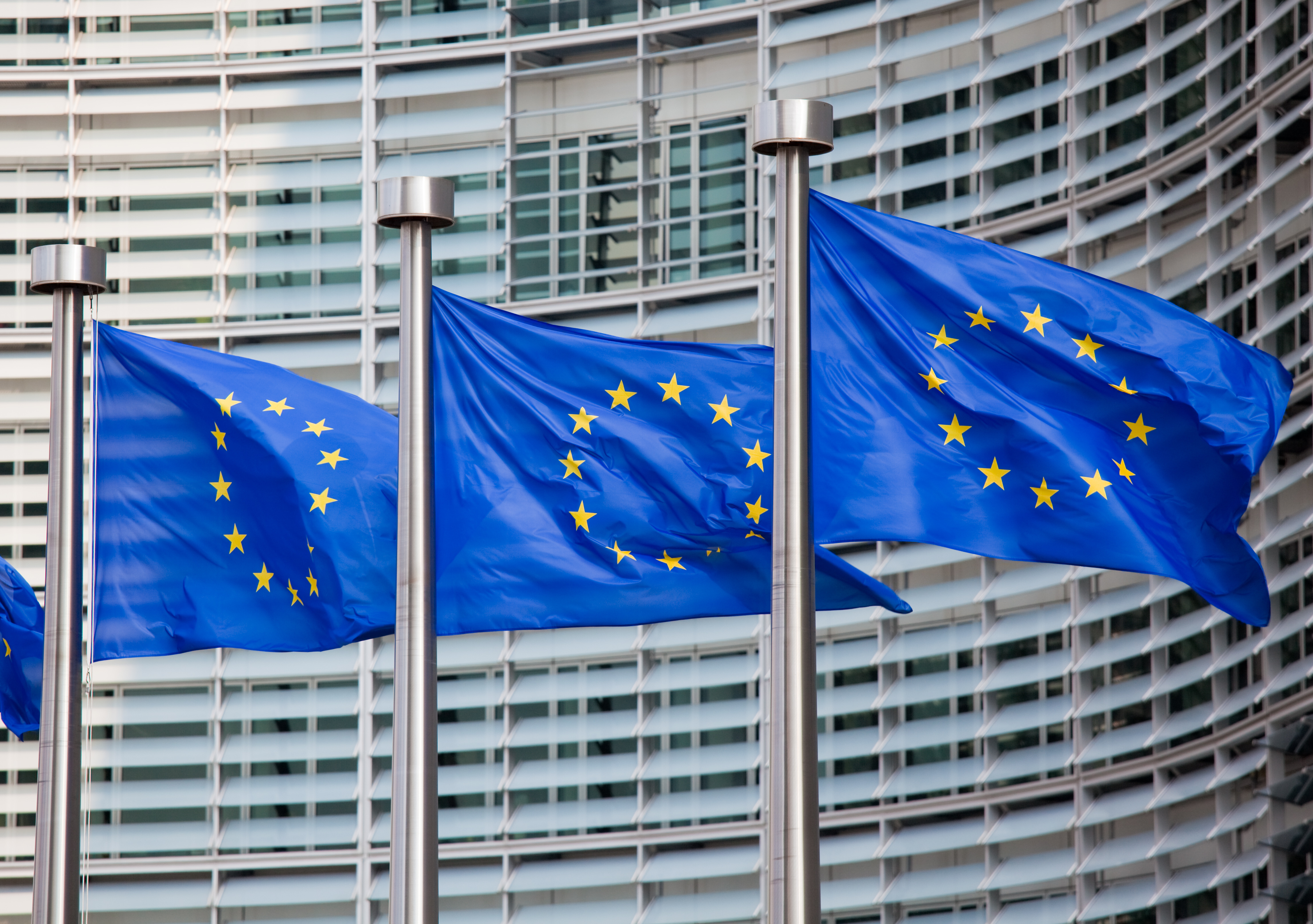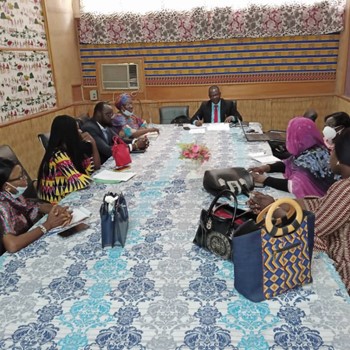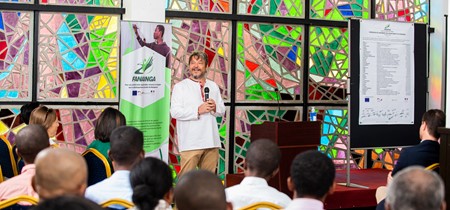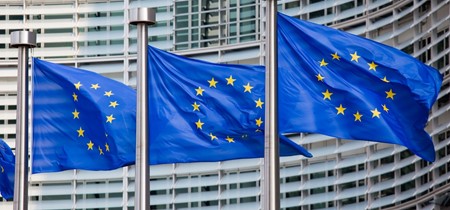
How we manage Facility Contracts
The strength of our general approach in managing EU Facilities lies in a very strong combination of experts, global partner networks and a solid backstopping function to handle all contractual, administrative and logistical elements, anchored in an agile and digital organisation. We understand that particularly the administrative backstopping plays an extremely important role in the implementation of all Facilities.
We therefore provide technical, logistical and administrative support throughout the whole period of the contract execution. In this respect, NIRAS offers the necessary technical backstopping and support whenever required by the contracting authority, the team and experts.
In line with our good practices and priorities, we undertake actions to ensure that an efficient backstopping function within the project organisation is in place, which is streamlined and coordinated from kick-off to closure. We summarize our backstopping services as follows:
Our mission as contractor comprises the overall contractual management of Facilities to the highest possible standard in the interest of the contracting authority. For each specific demand, we deliver expertise, management, backstopping and quality control services, creating value for money to reach the objectives of the contracting authority as efficiently as possible.
Among the facilities we are managing are:
Civil Society Roadmap Facility
This assignment aims to provide strategic support and guidance to the EU - namely EU Delegations and INTPA – as well as to other relevant stakeholders, including Members States, other international organisations at country level, and civil society organisations at global, regional and/or country level, in the process of developing, implementing and monitoring civil society roadmaps. This will be achieved through setting up and running of a dedicated demand-driven support mechanism - the Roadmap Facility - serving both at global and country levels, and allowing for the mobilisation of highly qualified technical assistance.
Similar to previous Facilities managed by NIRAS, our mandate is to function as a support facility aimed at assisting the EU, who shall remain in the driver’s seat throughout the roadmaps process. In continuity of our work with previous Roadmaps Facilities, the Facility will act as a “help-desk” providing ad-hoc and quick assistance to EU Delegations, ensure a strong pedagogical dimension and pay due attention to the overall process as well as acting as a knowledge hub for collecting and sharing relevant information.
Click here to access a factsheet on what services the CSO Roadmap Facility offers and how they can be requested.
Click here to access a factsheet on what services the CSO Operational Facility offers and how they can be requested.
From April 2025, NIRAS will manage the next CSO Operational and Roadmap Facility, the successor Facility of these two aforementioned service contracts. In the Facility, we will provide strategic, policy and operational support to INTPA.G.2 and EU Delegations worldwide in the implementation of the CSO Thematic Programme, the Civil Society Roadmaps and in fulfilling EU commitments to civil society engagement – all while adapting to the evolving geopolitical landscape and forthcoming EU priorities, particularly in the context of the Global Gateway.
The Facility will run until March 2029.
Facility on Conflict Analysis, Risk Assessments and Monitoring Frameworks
This Facility aims to enhance the overall quality and conflict sensitivity of actions under the Neighbourhood, Development and International Cooperation Instrument (NDICI) Rapid Response Pillar, as well as the Peace, Stability and Conflict Prevention component under the NDICI Thematic Pillar. In line with this support, the assignment aims at improving the overall quality of logical frameworks and monitoring frameworks of the NDICI Rapid Response Actions and actions under the NDICI Peace, Stability and Conflict Prevention Pillar, while facilitating the proper use of existing risk assessment matrices. The assignments also seeks to provide a consistent and high standard of conflict analysis for relevant countries and regions developed by the implementing partners.
NIRAS’ approach in the implementation undertakes both the specific dimension – i.e. provision of specified outputs from on-demand requests - and the broader pedagogical dimension - retaining and transferring expertise and learning so as to improve the quality and application of conflict sensitive tools and approaches - of this assignment. For each specific activity, the team of experts will identify knowledge to be captured, lessons and, whenever relevant, formulate recommendations. These recommendations may address both technical issues and EU institutional considerations.
See also
Get in touch



